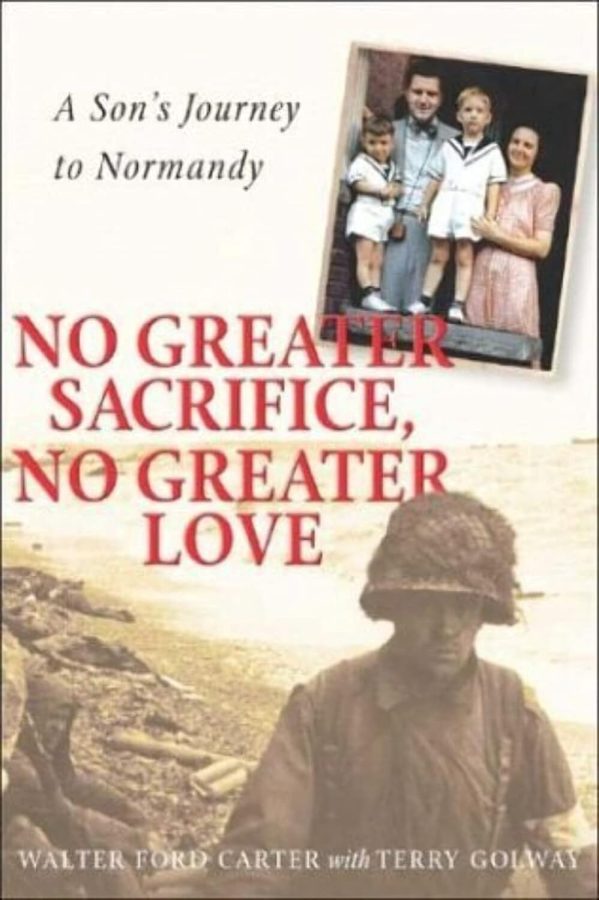Father’s Death Leads to Search for Meaning – The Legacy of World War II

As a young person, Carter held a simplistic view of the war. “It was a good war and the Americans were the good guys,” he recalls. “Some nasty people got aggressive and America had to stop them and set the world right.” After years of interacting with fellow members of the American WWII Orphans Network, helping veterans secure their rightful benefits as an officer of the 29th Division Association, or escorting high school and college students to the Normandy beaches as a board member of Normandy Allies, Carter gradually came to realize that the war was much more complicated and nuanced.
“We weren’t totally the good guys,” Carter continues, “America didn’t do it alone. The casualties and destruction suffered by America were only a small fraction of the war’s total devastation. We made some mistakes and committed some atrocities. There were race and desertion issues. Rather than keeping score, a more useful way to look at the war is to ask, what would the world have looked like if Germany had won?”
After receiving a degree in history from Swarthmore College, Walter Carter earned two masters degrees, one in international relations from Tufts University and one in economics at the University of Rochester. His professional career included service as Instructor in Economics at Hobart College, Senior Economist with Charles River Associates, and, until his retirement in 1999, Economist, Vice President and then Principal with a unit of the McGraw-Hill Company. An accomplished amateur trombonist, Mr. Carter performed with the Newton Symphony Orchestra for 40 years and served as President of the Symphony’s board.
